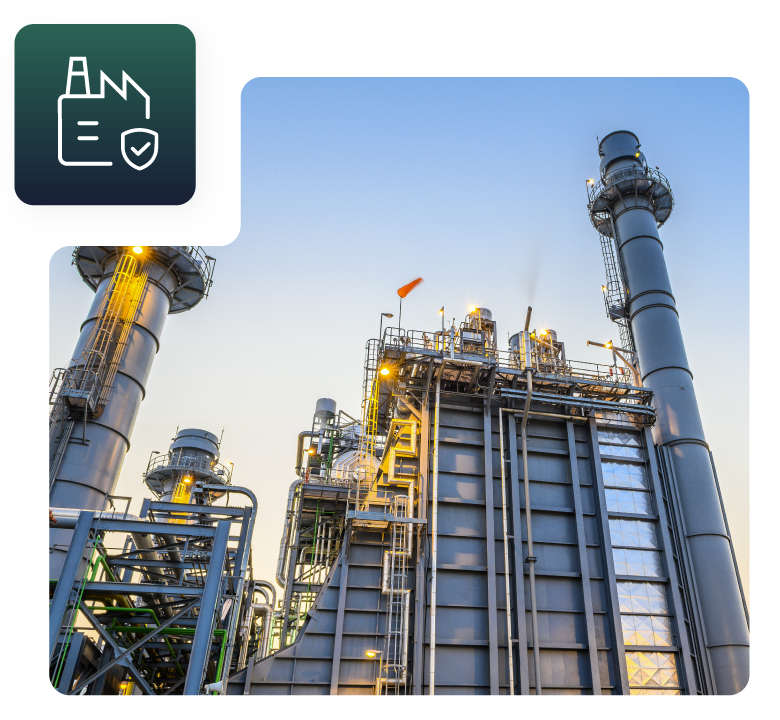Conventional energy
At the national level,
the energy sector
is one of the primary operators of key services for maintaining critical socio-economic activities
Cyber defense of this area focuses on protecting the infrastructure and technological systems that are paramount to the production, transmission, and distribution of energy. Due to the complexity of the systems, ensuring the business continuity of this industry in addition to its strategic role, also has a huge impact on civilian security and the comfort of citizens’ lives.
Potential threats may have consequences for both the external environment on a micro and macro scale, but also the internal environment.
these are just a few of the major dangers the industry faces.
The energy sector is currently at the forefront of attacks and incidents, and there is currently a visible upward trend in the number of incidents.
The need for modernization and digital transformation increasingly affects the connection of the world of information technology (IT) with operational technology (OT), exposing them to new threats. This forces a change in approach and the search for comprehensive solutions that will take into account adaptation at all levels. Unfortunately, we often observe in facilities that complex management is confused with process integration. There is a lot of talk these days about cyberterrorism and hacker attacks, but in industry, threats from within are an equally important issue:
-
Human aspect:
errors, lack of competence, poor work organization
-
System aspect:
process and analytical inefficiency
-
Tool aspect:
device failures, breakdowns or inefficiencies.
All process disturbances give rise to incidents, the consequences of which can have a variety of effects and scales.
DYNACON KNOWS HOW
Operating in the industrial cybersecurity industry, we understand the complexity of systems and processes, so we know how important network separation is.
The necessary integration of IT & OT environments must take place on the basis of symbiosis, i.e. respecting the individual characteristics of each structure. The solutions provided by DYNACON protect the technological process against a wide range of operational threats, and the optimization of solutions seals it at the interface with IT. Our network configuration model not only guarantees a high level of security of business continuity and people, but also increased process, economic and operational efficiency. Cyber defense in this area focuses on protecting the infrastructure and technological systems that are paramount for the production, transmission and distribution of energy. Due to the complexity of the systems, ensuring the continuity of this industry, in addition to its strategic role, also has a huge impact on civil security and the comfort of citizens’ lives.




